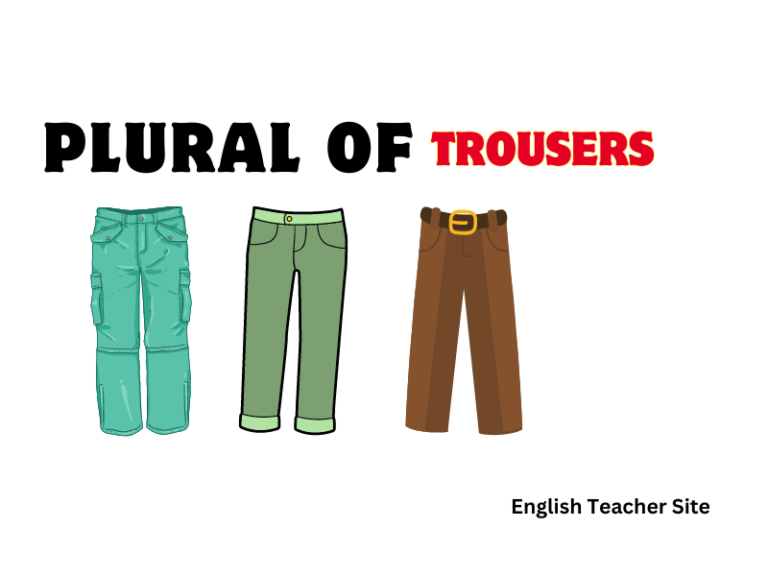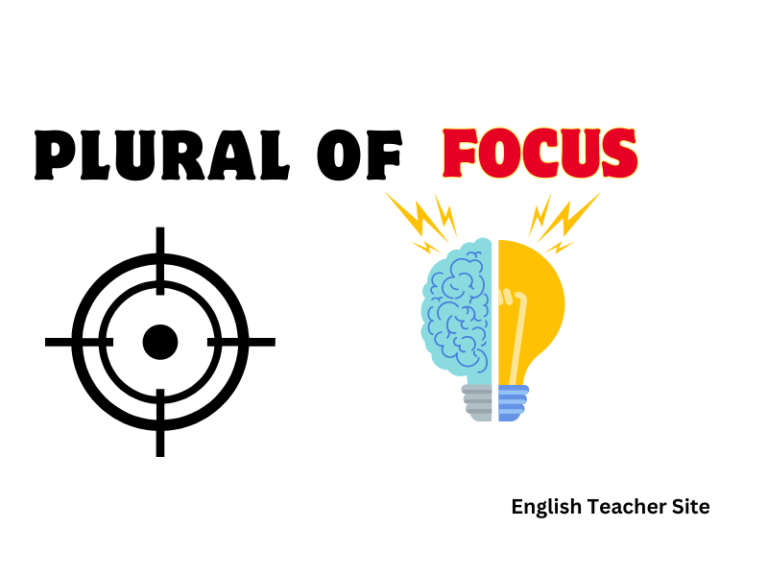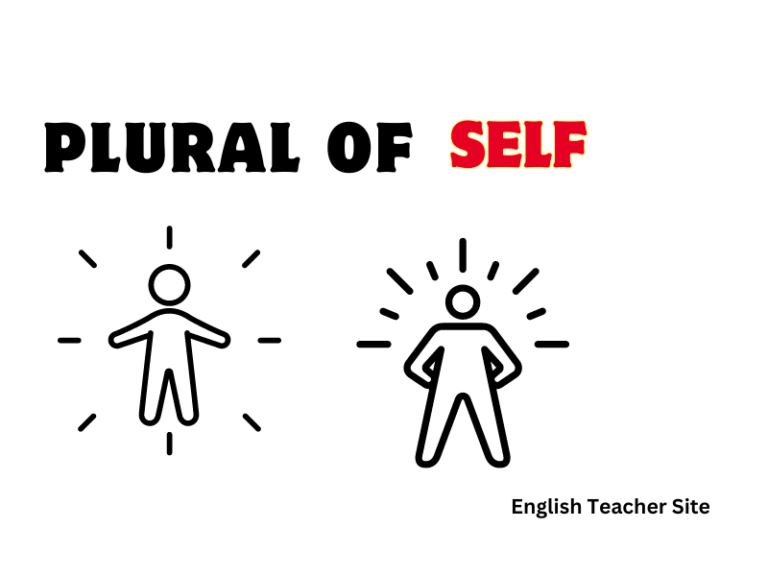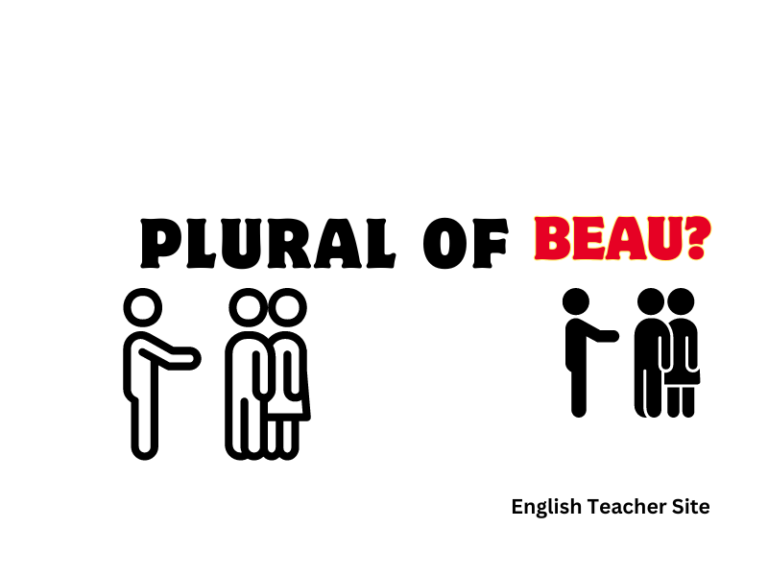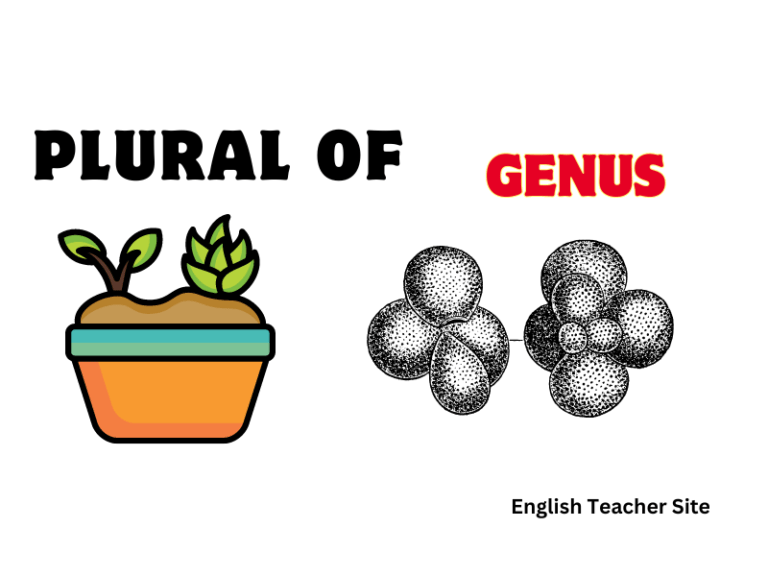What’s the Plural of Man: Understanding Singular and Plural Nouns

- The plural of “man” is “men,” showcasing an irregular noun form.
- The transformation from “man” to “men” is an example of i-mutation, a linguistic phenomenon.
- Understanding and using “men” correctly is important for proper English communication.
The plural of “man” is “men,” which is not formed by the standard addition of -s or -es as is typical in English. Instead, “man” undergoes what is known as an i-mutation or i-umlaut, which is a holdover from Old English. This linguistic change illustrates the richness and complexity of language evolution. When one sees the word “men” in application, it always refers to more than one male adult human, showing the irregular plural formation in use. Learning the correct use of “men” is crucial for accurate communication and avoiding common mistakes.
What’s the Plural of “Man”?
The word “man” is no exception to these rules and has its plural form which may not follow the regular pattern seen in most English nouns.
Regular vs. Irregular Plurals:
- Regular plurals typically add an “s” or “es” to the singular noun.
- Irregular plurals do not follow the standard pattern and often change the word entirely or modify vowels.
Singular to Plural Transformation:
| Singular | Plural |
|---|---|
| man | men |
This table illustrates the vowel change from ‘a’ in “man” to ‘e’ in “men”, showcasing an example of an irregular plural form where a vowel switch occurs.
Usage Examples:
- Singular: The man is walking his dog.
- Plural: The men are playing football.
In these sentences, “man” refers to one individual, while “men” refers to more than one.
It’s important to note that “mans” is an incorrect plural form of “man” and is not accepted in standard English. However, “mans” can be used as a present tense verb, such as in “He mans the station.”
Here are some important observations:
- “Men” is the correct plural form of “man”.
- Vowel change occurs from “man” to “men”.
- “Man” can refer to an adult male human being or a male by certain categories.
Is “Man” a Regular or Irregular Noun?
Regular nouns typically follow a consistent pattern when forming the plural, such as adding an “-s” or “-es” to the end of the word. For instance:
| Singular | Plural |
|---|---|
| cat | cats |
| box | boxes |
Here are some characteristics of irregular plurals:
- They do not simply add “-s” or “-es.”
- Often involve a vowel change or a different alteration.
Examples of irregular noun transformations include:
| Singular | Plural |
|---|---|
| woman | women |
| tooth | teeth |
| child | children |
Regular Plural Noun Forms
Most singular nouns become plural by the addition of -s or -es. The rule applied often depends on the phonetic ending of the singular form. Here are the standard rules:
- -s: For most nouns, simply add -s to the singular form.
- -es: For nouns ending in s, ss, sh, ch, x, or z, add -es to the end.
| Singular | Plural | Rule Applied |
|---|---|---|
| cat | cats | -s |
| dog | dogs | -s |
| bus | buses | -es |
| church | churches | -es |
Nouns ending in a consonant followed by y form their plural by replacing y with -ies:
| Singular | Plural | Rule Applied |
|---|---|---|
| baby | babies | -y to -ies |
| party | parties | -y to -ies |
However, if the noun ends in a vowel followed by y, simply add -s:
| Singular | Plural |
|---|---|
| key | keys |
| toy | toys |
Irregular Plural Noun Forms
| Singular | Irregular Plural |
|---|---|
| Man | Men |
| Woman | Women |
| Child | Children |
| Tooth | Teeth |
| Foot | Feet |
Some nouns change their vowels, others change their entire word, and some remain the same in both singular and plural forms.
- Vowel change: This is evident in words like man turning into men.
- Whole word change: An example includes the transformation of mouse to mice.
- Unchanged form: Some nouns are the same in both their singular and plural forms, such as the word sheep.
Additionally, a few irregular plural nouns can be formed in more than one way.
| Singular | Acceptable Plural Forms |
|---|---|
| Fish | Fish, Fishes |
| Appendix | Appendices, Appendixes |
| Index | Indices, Indexes |
The I-Mutation/I-Umlaut
In English linguistics, the phenomenon known as I-mutation or I-umlaut is a pivotal historical sound change. This modification affected the way in which vowels were pronounced in certain contexts, particularly when a high front sound like /i/ or /j/ followed in the next syllable.
For instance, the transition from Old English to Middle English saw words like “man” transform in the plural to “men” through the process of I-umlaut. Here’s a simple representation:
| Singular | Plural | Change |
|---|---|---|
| man | men | I-mutation |
Other examples include:
- foot changed to feet
- tooth changed to teeth
These shifts demonstrate how the presence of a subsequent /i/ or /j/ sound in a word influenced the alteration of the preceding vowel sound. This linguistic adjustment is critical to understanding the irregular nature of certain plural forms in the English language.
The I-umlaut has its roots in the ancestral languages of English, tracing back to a time when certain vowel shifts were common to facilitate smoother transitions between sounds. Below are a few examples of how words have transformed over time due to this process:
| Ancestral Form | Modern Form | Description of Change |
|---|---|---|
| *manniz | men | Vowel change due to I-umlaut effect. |
See the Word “Men” in Application
Usage in Context
- The team of men worked efficiently on the project.
- Meetings for the men’s group occur every Friday evening.
Frequency in Literature
The plural “men” is frequently used in literature. For example, in discussions regarding society, authors might reference “men of influence” or “men of science” to distinguish a specific group.
Possessive Form
When denoting possession, the word becomes “men’s.” Examples include “men’s clothing” or “men’s expectations.”
| Singular | Plural | Possessive |
|---|---|---|
| man | men | men’s belongings |
In Sentences
Here are some examples of the word “men” used in sentences:
- The men onboard the ship were prepared for a long voyage.
- A group of men discussed the town’s future endeavors.
| Subject | Verb | Object/Activity |
|---|---|---|
| Men | are | planning the event. |
| Men’s | voices | echoed in the hall. |
See the Word “Man” in Application
Below are a few contexts where the plural form “men” is used:
Sentences with “Men”
- The committee consists of five men.
- Are all the men coming to the meeting?
- Men have been working on the project for months.
Comparative Table: Singular and Plural Usage
| Singular | Plural | Example Sentence |
|---|---|---|
| man | men | A man is waiting outside. |
| Several men are waiting outside. |
Usage in Compound Words
- Fireman becomes firemen.
- Policeman turns into policemen.
In literature and media, “men” is a plural noun used to refer to more than one adult male human, and it should not be confused with gender-neutral or inclusive terms.
Key Points
- “Man” changes to “men” only in plural form.
- It demonstrates an irregular noun pattern.
- The change involves an alteration of the vowel from “a” to “e”.
The Origin of the Word “Man”
The English word “man” has a rich history, originating from the Proto-Indo-European root *man-. This root word was used to denote an adult human male and has evolved through various languages over thousands of years.
The Old English word “mann” meant a “human being” or “person” without specific reference to gender. It’s important to note that earlier forms of “man” included all human beings irrespective of sex or age—a usage that has shifted considerably in modern language.
| Era | Word |
|---|---|
| Proto-Germanic | *mann- |
| Old English | mann |
| Middle English | man |
The etymology of “man” can be traced back to connections with other Germanic languages, such as Old Saxon and Old High German, where the form mann was used. Even further, its Proto-Germanic ancestor *mann- possibly had a broader meaning of “person” as well.
| Language | Form |
|---|---|
| Proto-Germanic | *mann- |
| Old Saxon | man |
| Old High German | man |
Over the centuries, “man” has spawned multiple derivatives and found its way into compound words, reflecting its entrenched role in language:
- Mankind: human beings collectively
- Manhood: the state or time of being a man
- Manpower: human labor or strength
Synonyms for “Man”
Formal and Commonplace Synonyms:
| Synonym | Usage Context |
|---|---|
| Gentleman | Respectful term for a man in any setting |
| Male | Biological and scientific contexts |
| Fellow | Casual and friendly |
| Guy | Very informal and common in speech |
These terms are broadly accepted and used in various contexts, from professional to casual.
Less Formal and Slang Synonyms:
| Synonym | Usage Context |
|---|---|
| Dude | Informal, often among friends |
| Bloke | Informal, chiefly British English |
| Chap | Informal, slightly old-fashioned and British |
| Lad | Young man, often used in British and Irish English |
- Gent is another informal synonym that encapsulates a man with a sense of style or suaveness.
- Galoot, while less common, describes a clumsy or oafish man.
Each of these synonyms carries a unique tone and is suitable for different social contexts. For instance, one might use “gentleman” in a formal announcement, whereas “dude” would be more appropriate in a casual conversation among friends.
Sources
My name is Khamis Maiouf. I am the creator of the English Teacher Site, dedicated to providing valuable resources and insights for students around the world. With a passion for education and a commitment to helping students enhance their skills, I aim to make English teaching more effective and enjoyable for both educators and students.

